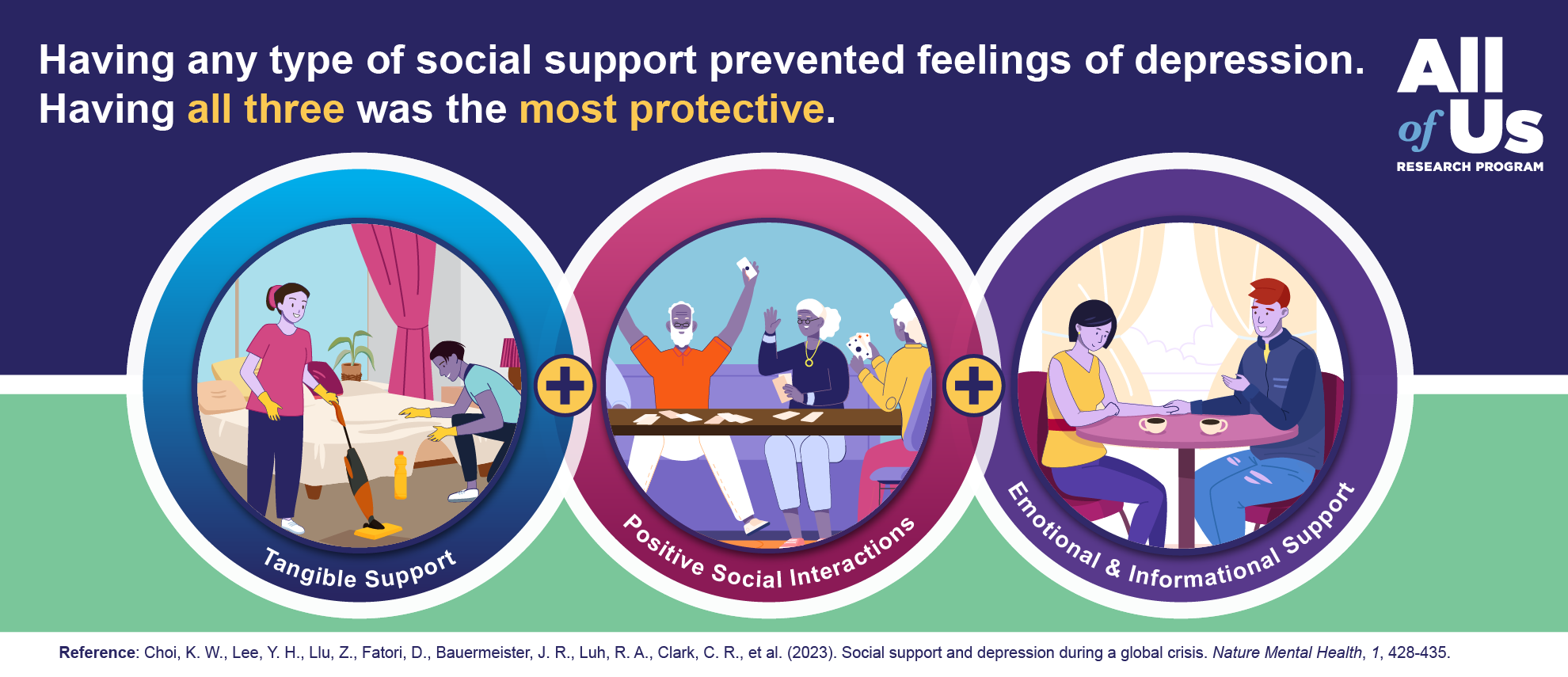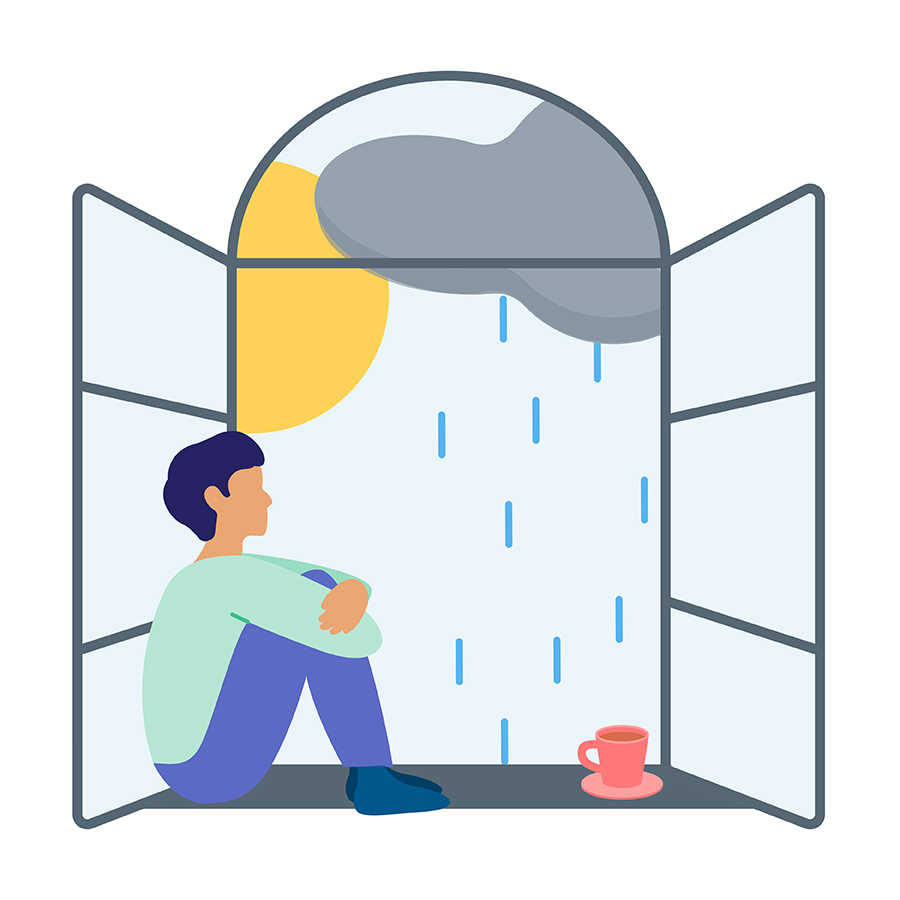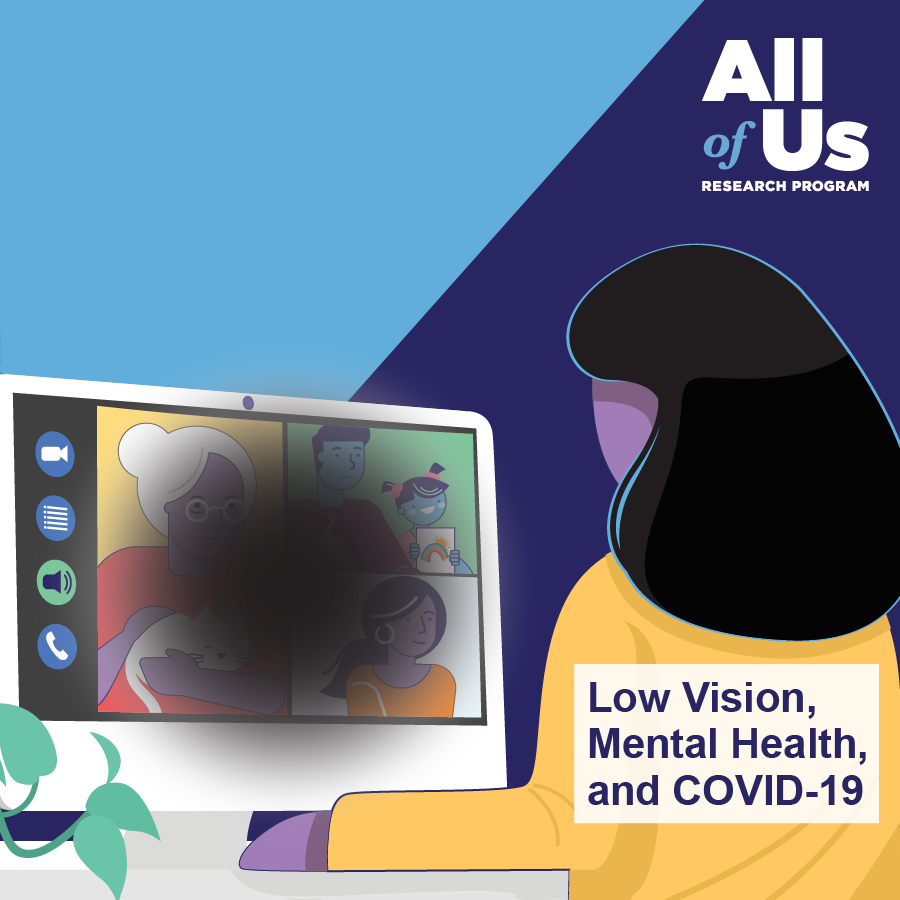
Key points
- Talking to someone you trust, having fun with friends, and receiving help from others are different types of social support.
- Participants with any social support were less likely to feel depressed during COVID-19. Having multiple types was even more beneficial.
- Boosting social support, especially during stressful times, may help those most at risk for depression.
People who have social connections with other people cope better during hard times. But are some kinds of social support more helpful to mental health than others? And who benefits the most from social support? The answers to these and other questions may lead to new ways to improve people’s mental health.
Researchers used All of Us data to look at three types of social support during the COVID-19 pandemic:
- Emotional and informational support: When you have somebody to confide in.
- Positive social interaction: When you have fun with other people.
- Tangible support: When someone does a favor for you.
In this study, the more types of social support a participant had, the lower their risk of depression. Participants who had all three types were six times less likely to be depressed than participants who had only tangible support.
These findings were published in Nature Mental Health.
Confirming the Power of Social Interactions
For this study, researchers looked at participant responses to All of Us surveys that asked about mental health between May and July 2020. More than 69,000 participants completed the surveys.
About 1 of every 7 participants reported feelings of depression.
The researchers found that participants with any social support were less likely to feel depressed than those with no social support.
All three types of support were helpful, but emotional support and positive social interactions were more protective than tangible support.
Risk of depression decreased as social support increased. Having two types was more protective than having one type, and having all three was the most protective.
Precision Care for At-Risk Groups
Younger adults, people with money-related stress, and women are more at risk for depression than other groups are. But the study also found that these groups may benefit more from social support.
This study shows that increasing social support can help people at risk of depression. For example, people can find emotional support by joining support groups where they can speak openly. They could also get positive social interactions through group activities, such as book clubs, online classes, or volunteering.
All of Us data shows how social interactions are a powerful way to support mental health, especially during tough times. Here are some ideas to help you stay connected with others.
Interested in All of Us?
- Read more research highlights.
- Learn about participation in the program.
Conduct research with All of Us
- Learn about opportunities for researchers.
- Find funding to support research using All of Us data.
- See more research projects made possible by All of Us data and tools.


